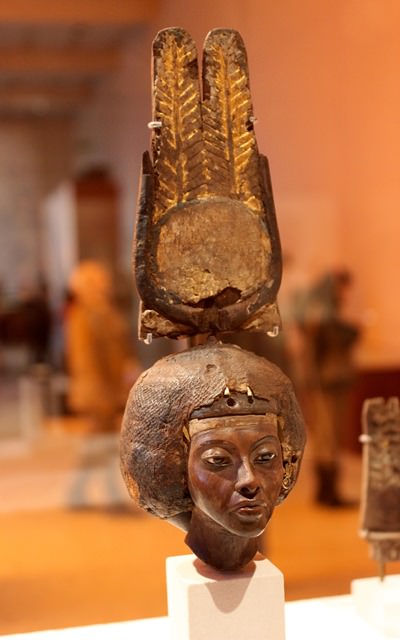Tiye, also referred to as Tiy, wielded significant influence as the queen of Egypt during the 18th dynasty, spanning from around 1398 to 1338 BCE. Serving as the consort of Pharaoh Amenhotep III, the mother of Akhenaten, and the grandmother of Tutankhamun and Ankhesenamun, her authority resonated within both her husband’s and son’s courts.
Her diplomatic prowess was renowned, frequently engaging directly with foreign leaders, as evidenced by the Amarna letters, a compilation of diplomatic exchanges. Tiye’s esteem among these rulers remained notably high, particularly during Akhenaten’s reign.
Despite her allegiance to Egypt’s traditional polytheistic beliefs, Tiye endorsed Akhenaten’s monotheistic reforms. It is plausible that she perceived these reforms as strategic maneuvers to consolidate authority within the monarchy, thereby reducing the influence of the Amun priesthood. Tiye’s advocacy proved pivotal in the triumph of Akhenaten’s religious initiatives.

Tiye passed away in her early sixties and was laid to rest in the Valley of the Kings. Her mummy, identified as the ‘Elder Lady’, has been positively identified. Additionally, a lock of her hair, possibly kept as a memento by Tutankhamun, was discovered in the tomb of the young king.

Tiye’s legacy as a powerful queen, diplomat, and supporter of religious and political change continues to fascinate historians and archaeologists, offering valuable insights into the dynamics of ancient Egyptian royalty and society.




